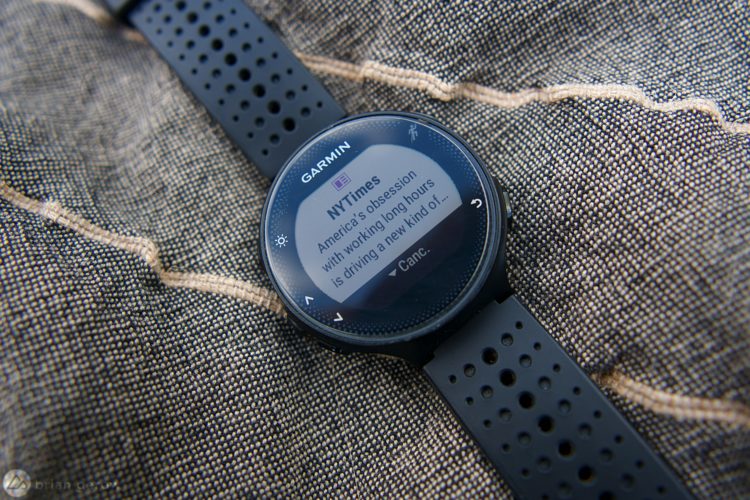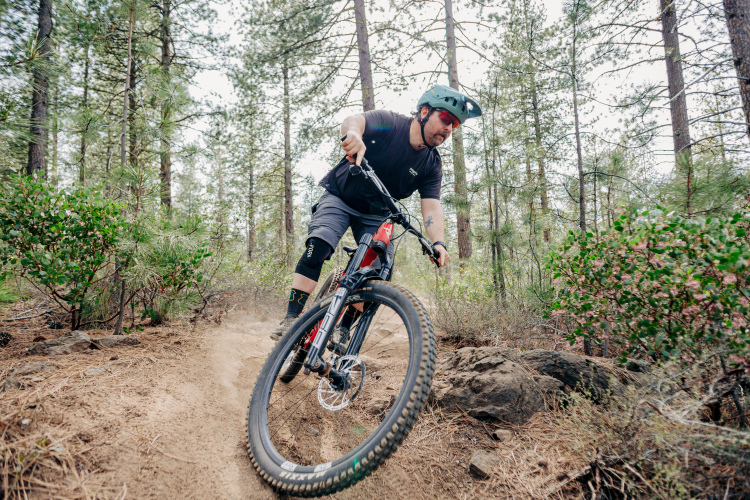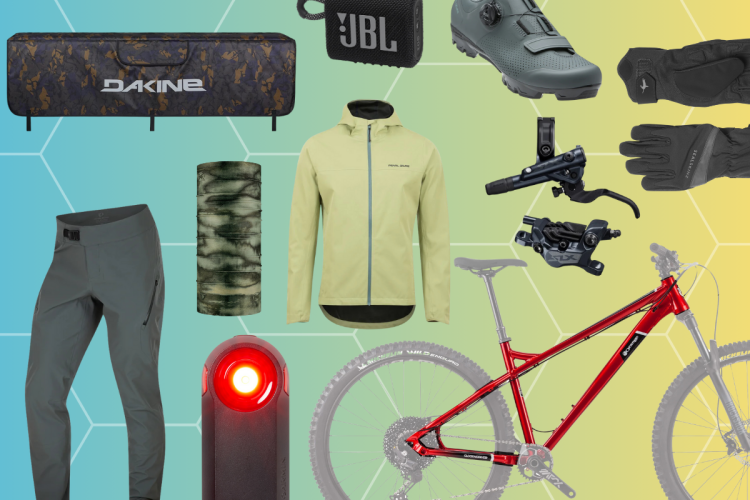
Being the “Uber” of anything is a lofty goal. The Uber name became synonymous with ride sharing in the United States, even if someone requested a ride with a different brand altogether. Uber started with just ride sharing, and moved on to Uber Eats and scooter and bike sharing in big cities, and more, widening its portfolio and its revenue stream.
Thus far, mountain bikers don’t rely on many apps. Purists are often irked by them. Strava of course breaches the conversation immediately. Some see it as a way to compete, others a way to track data—others, as unnecessary. Then there are the map apps: Trailforks and MTB Project. They can be useful for piloting around unfamiliar trail systems, but it’s not always easy figuring out which route is worth riding, especially in a new town. Map apps offer descriptions and information on trails, but the best rides and info in a location usually sit with those who live there. This is where the Jagz app comes in. Founder David Jaget pondered the solution every time he took his bike to a new town.
“And inevitably for me, the thought comes to mind —’I wish I knew somebody in this area,'” Jaget said. Jagz designates users as either hosts, tour guides, or cyclists/travelers, though there’s a bike business aspect to it as well.
“At the end of the day, time is a commodity, right?” Jaget said. “Time is important. It’s valuable to people. So how much faster is it to talk to a local and say ‘I love tech,’ or ‘I love downhill.'”
Hosts can offer to show visiting mountain bikers and cyclists around town or go for a ride with the traveler. Hosts know the town and the trails and the après spots and can choose to charge for their time or not. Jaget says that maybe they enjoy it enough to host someone for free, but charging for a visit creates accountability to keep the booking. We reached out to a handful of local hosts and guides to find out how the app is treating them. One mentioned she hadn’t had any inquiries yet, but may instead use the app to organize group rides instead of using it to make money.
Tour guides take it up a notch. They can create different tours for different types of riders and can also rent bikes. Skimming through profiles on the app, you’ll find that some create an extensive description, list their ride pace and the type of riding they do, and if snacks, water, or beer are included during the tour. Some hosts charge as little as $8 an hour, and some of the guided options are as much as $40 per hour. Jagz takes 10% from the guide/host side and a 15% service fee applies to the traveler, so if a tour costs $100, Jagz keeps $10 from the tour guide and $15 from the traveler. There are some other stipulations that depend on where the Jagz booking is. Guides may need to be certified or permitted depending on who manages the land where they are riding. There are waivers built into the app itself to protect hosts and guides from liability, Jaget says.
‘The Concept is Great. But it’s Really Difficult’
Years ago, Sacred Rides started the Getaways program which operated similarly, though with a markedly different upfront investment. Back in 2017, we titled the article ‘The Uber of Mountain Biking Is Taking Off: Sacred Rides’ Getaways Program Now Out of Beta.’ There was a “ride share” model applied to mountain bike guiding but centered around day trips and with a smaller network of guides, at least to start. Sacred Rides’ Mike Brcic told us in 2017 that guides would pay about $1,100 to start, like a franchising fee. Guides were then provided with a search engine optimized website and access to guide education and other materials.
Brcic sold Sacred Rides shortly after launching Getaways. Though the program sparked a lot of interest for the new owners, after a year, they axed it. Sacred Rides found in many of their destinations the demand wasn’t strong enough, even with the marketing arm of the company.
Sacred Rides’ Matt Paul told us that it was hard for them to get a product consistent enough in quality to align it with the brand name and what it expects from guides and trips across the company. Liability became a concern too since guiding and permits look different from state to state and country to country. As the operations director for Sacred Rides, Paul spends a substantial amount of time working through insurance policies. Paul also worries that single day programs may dilute an industry where it’s already difficult to gain a reputation and credibility as a guide.
He remembers thinking Brcic’s idea was “brilliant” but it wasn’t until after buying into Sacred Rides and learning the ins and outs, that he found it wasn’t viable for them. “The concept is great,” said Paul. “But it’s really difficult.”
Guides where there usually aren’t
Jagz hopes the app fills a void in guiding. Head to Whistler or Moab, and there are guides in abundance, but if you’re passing through St. Louis, Missouri, the odds of finding one is much slimmer.
“But what there are, are locals who ride,” Jaget said. “They’re everywhere. So why not amass those locals?”
Bike shops and bike friendly establishments should also be on the app, Jaget says. Shops and restaurants or breweries can offer events, rentals, or make it known that they cater to riders.
Much of Jagz will eventually center around the ‘My Town’ feature, a social media style feed of events in your area of choice. User engagement and keeping interest piqued is key to keeping people on the app, says Jaget. Riders can plan group rides and trail maintenance days with others. Jaget hopes the feature will be a community builder. In the next few months, Jagz plans to add a lodging feature, making it possible to find mountain bike friendly lodging through the app.
Currently, the company consists of David Jaget, his son, and five engineers. Everything is a process when it comes to developing an app and little changes can take a lot of time, money, and resources. Before Jagz launched in the fall of 2021, it was known as MTBGuru, but there were challenges with another bike brand and the “guru” name, and the app had a lot of bugs. His attorney advised him to change it early on in the app’s life. So far, Jagz has been gaining users without a hefty marketing budget.
Jaget is excited about how the app has turned out so far. He’s used it a handful of times on his own trips and was impressed with the enthusiasm of the hosts and guides. He says the travelers and hosts often stick around after their time in the app is done and share a meal or have a drink together and form connections.
“That was the whole goal to begin with.”
Check out Jagz on the app store here.












5 Comments
Mar 21, 2022
This seems like a phenomenal idea that will kill itself.
Mar 21, 2022
Mar 21, 2022
The reason I think this would help is most insurance companies require you to pay for the full year upfront, and if you cant recoup it or decide coaching isnt for you then you just lose that money. If the platform offered that protection it allows new coaches to use the platform to build a following without the needed upfront cost.
I would also try reaching out to local IMBA groups (we have both MCMBA and CRAMBA in SE Michigan). We just lost DTR (down to ride) so a similar adjuct app I think may serve our (and other) communities and take its place. This would help to drive local clusters which is when these services could shine.
One area that has been kinda avoided but I think would be amazing is park riding. It is ripe for people traveling alone looking for a riding companion, group get together rides, coaching sessions, and tour/park guide sessions.
I would like to see something like this succeed so best of luck.
Mar 21, 2022
Mar 21, 2022